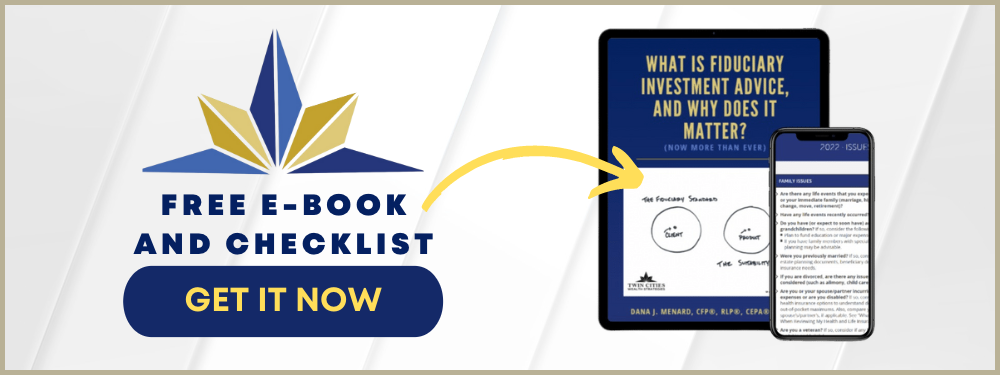You’ve worked your entire adult life to scrimp and save for a fulfilling retirement life after work, and now that you’re either on the home stretch or already enjoying your golden years, you might be wondering what comes next with your finances. Given today’s life expectancy rates – significantly higher than those from just a few decades ago – it’s more important than ever to get your money to work for you as efficiently and effectively as possible.
Therefore, just because you cross that retirement finish line doesn’t mean that investing is suddenly part of your past. In fact, given those life expectancy rates – as well as the effect of inflation and the simple idea of enjoying your retirement – finding ways to get your money to grow as much as possible without absorbing excessive risk is critical in maintaining financial stability throughout retirement.
Excess Cash
The first step in maximizing what your money does for you in retirement is to decide how much you need to maintain in savings to comfortably handle your daily fixed expenses as well as vacations, entertainment, and life’s financial curveballs. Since everyone is built differently, there is no right or wrong answer. When determining your specific number, always remember that excess cash is essentially languishing in a highly liquid but low-interest account. Anything above what you need financially and for peace of mind is not working effectively for you while it sits in cash, earning nearly zero interest.
Cash Alternatives
At any given time, the interest rate environment is likely to be one of the determining factors in choosing what to use as a cash alternative for excess savings. Certificates of Deposit, or CDs, should offer interest rates slightly higher than those found in savings accounts at your local bank or credit union while maintaining federal deposit (FDIC) insurance. However, in a depressed interest rate environment, even CDs can suffer under the weight of low rates.
Instead, various fixed instruments like bonds, fixed annuities, and fixed income mutual funds or ETFs can provide better returns without subjecting you to undue risk and volatility. If used appropriately, they can even maintain a fair amount of liquidity.
The Battle Against Inflation
Hopefully, you have a long and fulfilling retirement in store for you. However, the longer your retirement, the more negatively inflation will impact and have on the purchasing power of your money. Therefore, using a portion of your assets to fight against inflation effectively will always be in your best interest as long as any such strategy still suits your personality and goals.
Dividend-yielding stocks can provide an additional source of growth or income while still benefiting from the long-term appreciation of the equity markets. Alternatively, you could also use Treasury inflation-protected securities (TIPS) to fight inflation, but they lack equities’ liquidity and long-term growth prospects.
Ultimately, retirement investing requires a delicate balance between growth and risk, financial health, and peace of mind. If unsure of the best strategy for your specific needs and goals, we can help you find that critical balance.
Have questions about your portfolio now and what it should be in retirement, or need help with your financial plan? We’re here to help! Click here or call (763) 445-2772 to schedule a complimentary consultation today!


